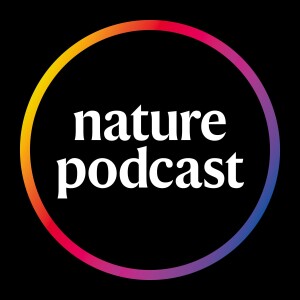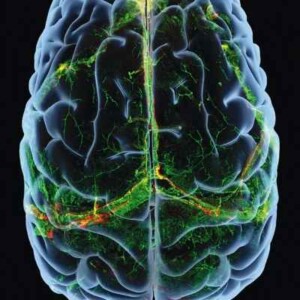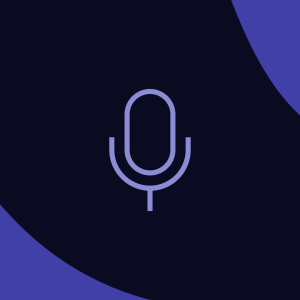The surprising structure of protons, and a method for growing small intestines for transplantation.
In this episode:
00:45 Probing the proton’s interior
Although studied for decades, the internal structure of the proton is still throwing up surprises for physicists. This week, a team of researchers report an unexpected imbalance in the antimatter particles that make up the proton.
Research Article: Dove et al.
News and Views: Antimatter in the proton is more down than up
07:08 Research Highlights
How an inactive gene may help keep off the chill, and Cuba’s isolation may have prevented invasive species taking root on the island.
Research Highlight: Impervious to cold? A gene helps people to ward off the chills
Research Highlight: Marauding plants steer clear of a communist-ruled island
09:48 A new way to grow a small intestine
Short Bowel Syndrome is an often fatal condition that results from the removal of the small intestine. Treatment options are limited to transplantation, but donor intestines are hard to come by and can be rejected by the body. Now researchers may have developed a method to grow a replacement small intestine using stem cells and a small section of colon.
Research Article: Sugimoto et al.
15:50 Briefing Chat
We discuss some highlights from the Nature Briefing. This time, the landing of Perseverance on Mars, and the researchers speaking with lucid dreamers.
Nature News: Mars video reveals Perseverance rover’s daring touchdown
Nature News: Touch down! NASA’s Mars landing sparks new era of exploration
Nature News: The hunt for life on Mars: A visual guide to NASA’s latest mission
Science: Scientists entered people’s dreams and got them ‘talking’
Subscribe to Nature Briefing, an unmissable daily round-up...
See acast.com/privacy for privacy and opt-out information.
More Episodes
Fruit flies' ability to sense magnetic fields thrown into doubt
 2023-08-16
2023-08-16
Racism in health: the roots of the US Black maternal mortality crisis
 2023-08-10
2023-08-10
How welcome are refugees in Europe? A giant study has some answers
 2023-08-09
2023-08-09
How to get more women in science, with Athene Donald
 2023-08-02
2023-08-02
Audio long read: Lab mice go wild — making experiments more natural in order to decode the brain
 2023-07-31
2023-07-31
Facebook ‘echo chamber’ has little impact on polarized views, according to study
 2023-07-27
2023-07-27
AI-enhanced night-vision lets users see in the dark
 2023-07-26
2023-07-26
Disrupting snail food-chain curbs parasitic disease in Senegal
 2023-07-19
2023-07-19
ChatGPT can write a paper in an hour — but there are downsides
 2023-07-12
2023-07-12
Even a 'minimal cell' can grow stronger, thanks to evolution
 2023-07-05
2023-07-05
Audio long read: ‘Almost magical’ — chemists can now move single atoms in and out of a molecule’s core
 2023-06-30
2023-06-30
Do octopuses dream? Neural activity resembles human sleep stages
 2023-06-28
2023-06-28
Why bladder cancer cells that shed their Y chromosome become more aggressive
 2023-06-21
2023-06-21
What IBM's result means for quantum computing
 2023-06-14
2023-06-14
A brain circuit for infanticide, in mice
 2023-06-07
2023-06-07
AI identifies gene interactions to speed up search for treatment targets
 2023-05-31
2023-05-31
Audio long read: Can giant surveys of scientists fight misinformation on COVID, climate change and more?
 2023-05-26
2023-05-26
‘Tree islands’ give oil-palm plantation a biodiversity boost
 2023-05-24
2023-05-24
JWST shows an ancient galaxy in stunning spectroscopic detail
 2023-05-17
2023-05-17
Nature's Take: Can Registered Reports help tackle publication bias?
 2023-05-12
2023-05-12
Create your
podcast in
minutes
- Full-featured podcast site
- Unlimited storage and bandwidth
- Comprehensive podcast stats
- Distribute to Apple Podcasts, Spotify, and more
- Make money with your podcast
It is Free
- Privacy Policy
- Cookie Policy
- Terms of Use
- Consent Preferences
- Copyright © 2015-2024 Podbean.com




 iOS
iOS Android
Android


